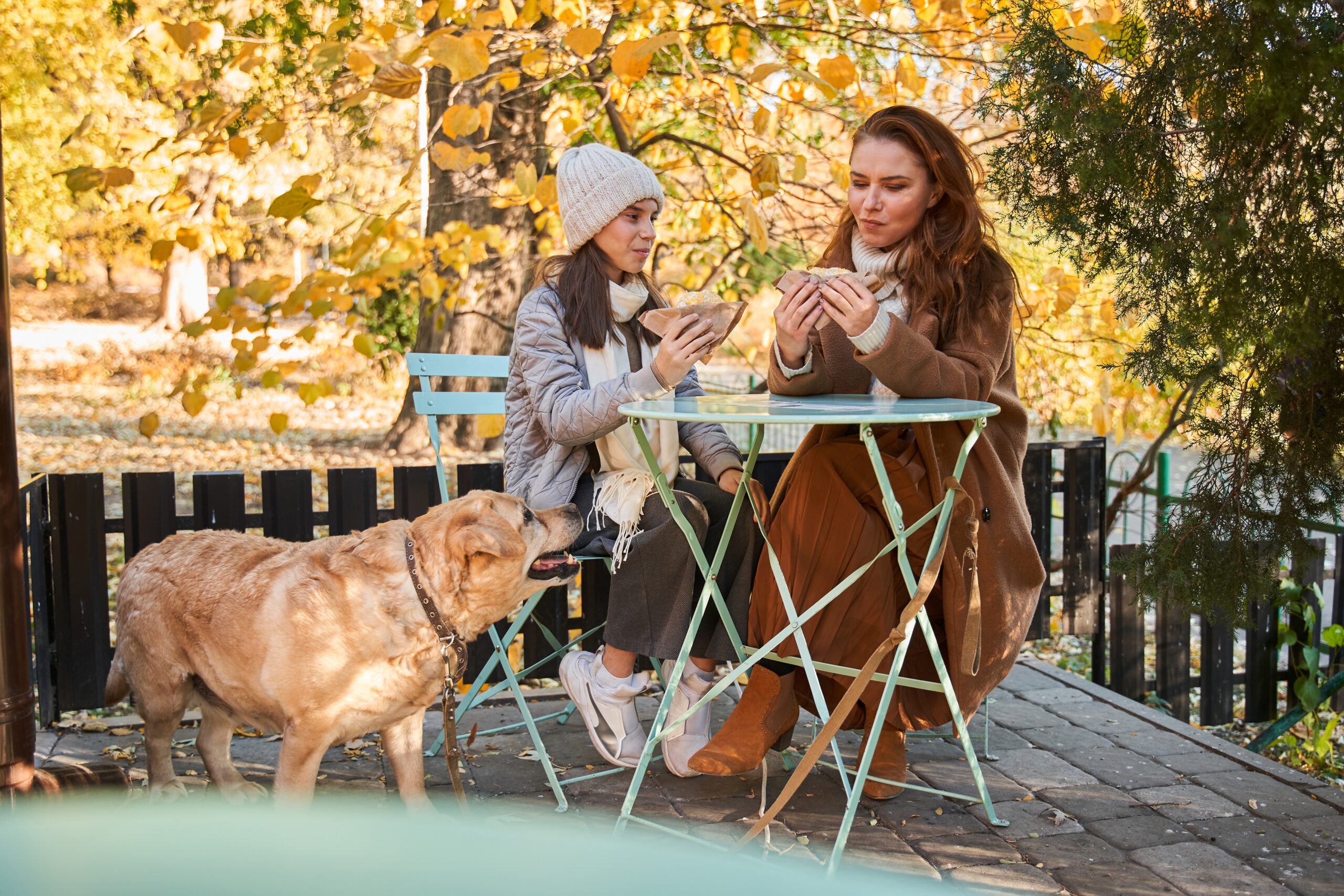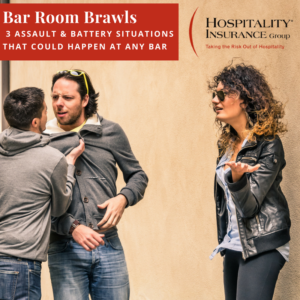8 tips to safely cater to canine companions
Take these safety precautions before opening your outdoor dining area to dogs.
As the weather turns warmer, many guests are seeking outdoor dining, and some may
wish to bring along canine companions. Before opening your patio to pooches, examine
what’s legally permissible and establish related safety policies.
Legal beagles
The question of whether dogs are legally permissible in an outdoor dining area comes
down to state and local laws and regulations. More than 20 states and numerous local
governments have laws or regulations permitting dogs.
A 2022 update to the FDA Food Code could open the door to additional governments
allowing dogs in outdoor areas. When it comes to food safety, many local and state
governments look to the FDA Food Code, which now, for the first time, provides
guidance allowing dogs in outdoor dining spaces, if approved by the local regulatory
authority. “Historically, the Food Code has not allowed any live animals, other than
service animals, on the premises of a food establishment,” notes Patrick Guzzle, vice
president of Food Science for the National Restaurant Association.
Doggie dos and don’ts
If your state or local government allows pups on patios, be sure to follow its restrictions
and requirements. Some best practices include:
- Check in with your local health regulatory agency. Some jurisdictions require
official notification that a restaurant intends to allow dogs in its outdoor dining
area; others require restaurants to apply for a permit. - Offer outdoor access. Provide a patio entrance that won’t require dogs to
traverse through the inside of the restaurant. - Say “no” to dogs on chairs and tables. As the FDA Food Code notes,
“Animals carry disease-causing organisms and can transmit pathogens to
humans through direct and/or indirect contamination of food and food-contact
surfaces.” To prevent contamination, dogs should not come into contact with
chairs, tables, linens, tableware, or other foodservice items. Guzzle advises that
“if a dog is allowed, for any reason, to be ON a table, now the entire table and all utensils, condiment dispensers, napkin dispensers, menu cards, table tents, etc., must be cleaned and sanitized before other guests are seated at the same table.” - No petting the pooches. Staff should refrain from touching, petting, or handling
dogs. If an employee does pet a pooch, they should wash their hands thoroughly
to avoid cross contamination. - Keep a tight leash on the situation. Require guests to keep their dogs leashed
and under control so that the dining experience is safe and enjoyable for
everyone. - Say it with a sign. Post a sign specifying that dogs are allowed in your outdoor
dining area. This is helpful information for both dog-lovers as well as anyone who
might be allergic to or afraid of dogs. Some jurisdictions also require signage with
your rules related to dogs, which, among other things, might reiterate that local
dog laws must be followed, such as being up to date on vaccinations and
wearing a collar and tags. Consider listing the rules on your website also. - Be prepared for doggy accidents. Inform guests that it’s their responsibility to
clean up after their pets; some restaurants even provide dog pickup bags. The
FDA Food Code, in Annex 3, recommends providing a covered refuse container
exclusively to store all pet waste generated. Even if guests help with the cleanup,
you’ll want a procedure in place to sanitize as needed. - Send them straight to the doghouse. If a canine and companion aren’t
following your restaurant’s rules, you have the right to request that they leave.
Develop a protocol for how to handle these situations. If a dog menaces,
threatens, or bites any person or other dog, report the incident to the appropriate
health authority.


 For any establishment that serves alcoholic beverages, a fight possibly breaking out is always in the back of any owner’s mind.
For any establishment that serves alcoholic beverages, a fight possibly breaking out is always in the back of any owner’s mind.